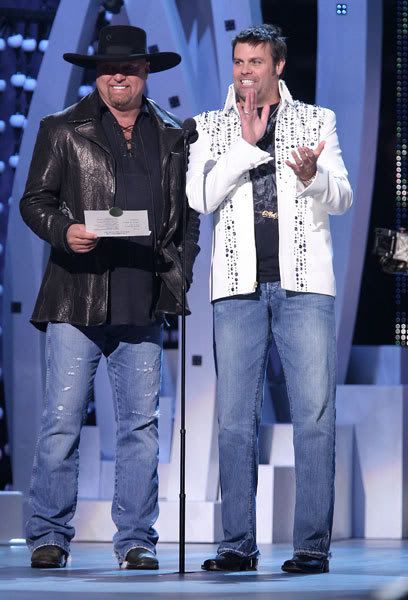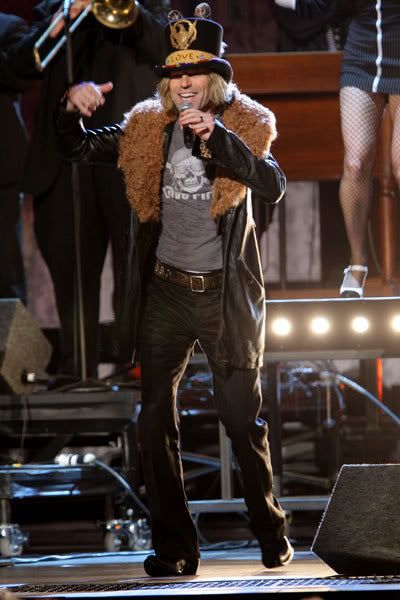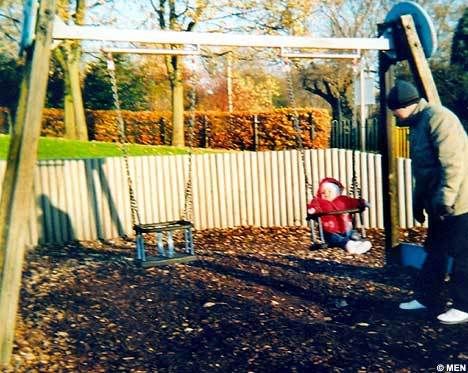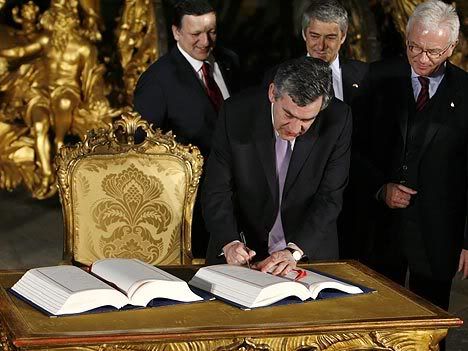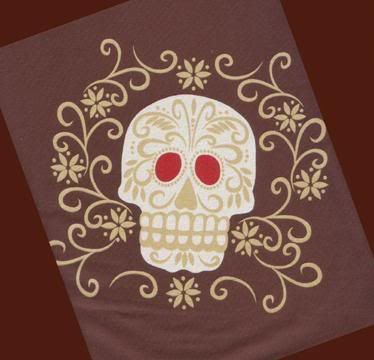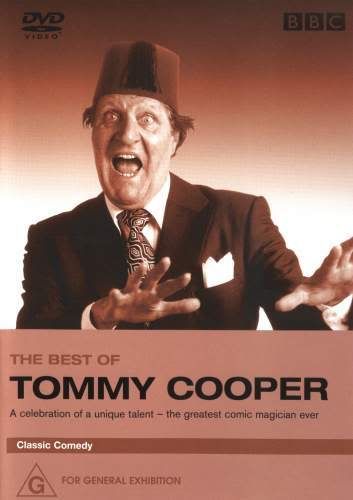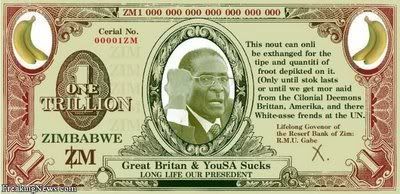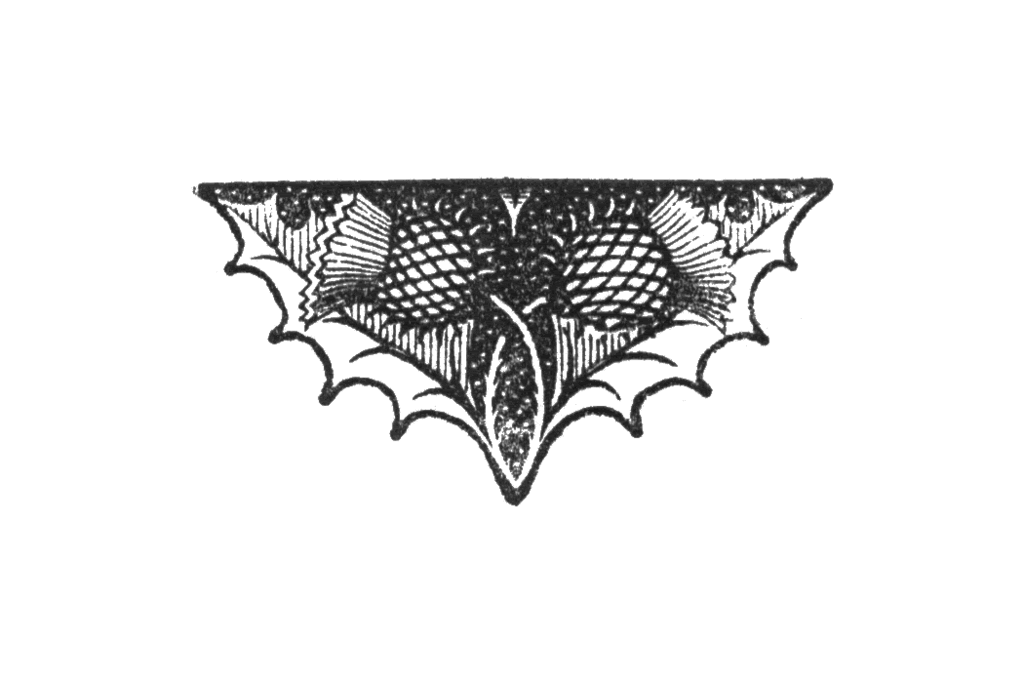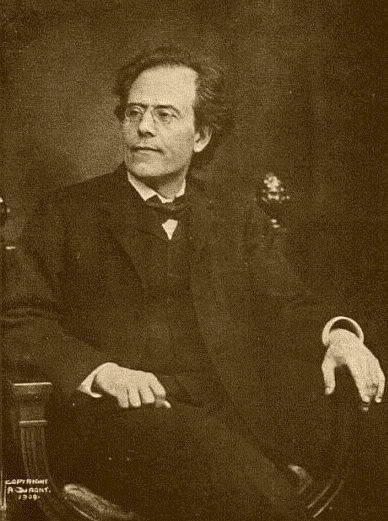I'm sure VA knows what he means, as do I. It's become like one of those form letters you get from corporations when you write to them about a problem -- the words are already there in a computer macro, with just a few words filled in to "personalize" it. The "sob-story hand-wringing" immigration story seems to have been written by some Central Politburo of Political Correctness and distributed to the media to adapt as they see fit. Only, some of us see it as unfit as the product of a supposedly free press.
It's easy to find examples, but the Phoenix-area East Valley Tribune seems to be vying with The New York Times for the Olympic Gold Medal in one-sided, slanted reporting. If this is in fact what they teach in journalism school nowadays, you could hardly offer the class a better model than this.
Bad. Bad. Bad. That’s how Mesa business owner Ramon Quintana describes the crisis facing Hispanic-oriented companies as people in the Latino community lose their jobs and flee the area for friendlier frontiers. The problem comes from a mix of fear of recent immigration arrests and the pending crackdown on employers who hire illegal residents. Hispanic-oriented businesses are paying the price.Crisis. Flee the area for friendlier frontiers. Fear. Crackdown. ¡Ay caramba!¡Fascismo! The United States is beginning to rediscover that it has borders, and they do not include all Mexico.
At the height of the Christmas shopping season, some businesses reported less than half the revenue they had last Christmas. Those who remain are struggling to pay the rent, both on their homes and businesses. “Everybody is complaining,” Quintana said. And the situation is only going to get worse, he said.Worse for whom, amigo? For you and your clientele, contemptuous of American law, indulging in the kind of border jumping that would get you jailed if you tried it in Mexico? But maybe a lot better for those of us who are citizens of this country, who will no longer watch ever larger portions of our cities become Tijuana because of criminals like you.
The windows at U-Care Thrift Store are still plastered with “Happy Holidays” and “Peace on Earth Good Will to All,” a merry message compared with the story on the other side of the glass. Neighbors say the owner fled about a month ago, leaving rows of clothing racks and a store full of merchandise behind. ... U-Care Thrift Store is the third shop on the corner of Main Street and Stapley Drive to close. Quik Cash payday loans and a former party store are already empty.Señor Quintana? You and "other vendors" thought you'd game the system here, come to El Norte for the freebies that American taxpayers are required by their political overlords to grant you.
Those probably won’t be the last to close on that corner, Quintana said. Other vendors tell him they worry about making the rent.
But that's changing. You sponged off our country for years. Well, the game's about up, amigo. You lose, and you deserve to lose.
Oh, and you, East Valley Tribune: Bad. Bad. Bad.



